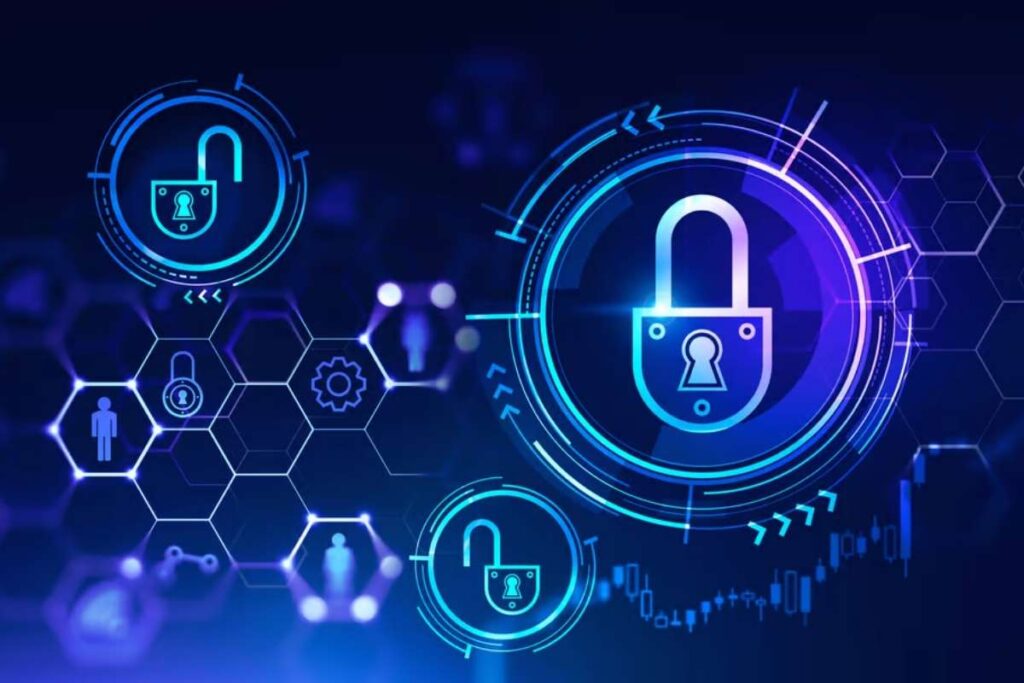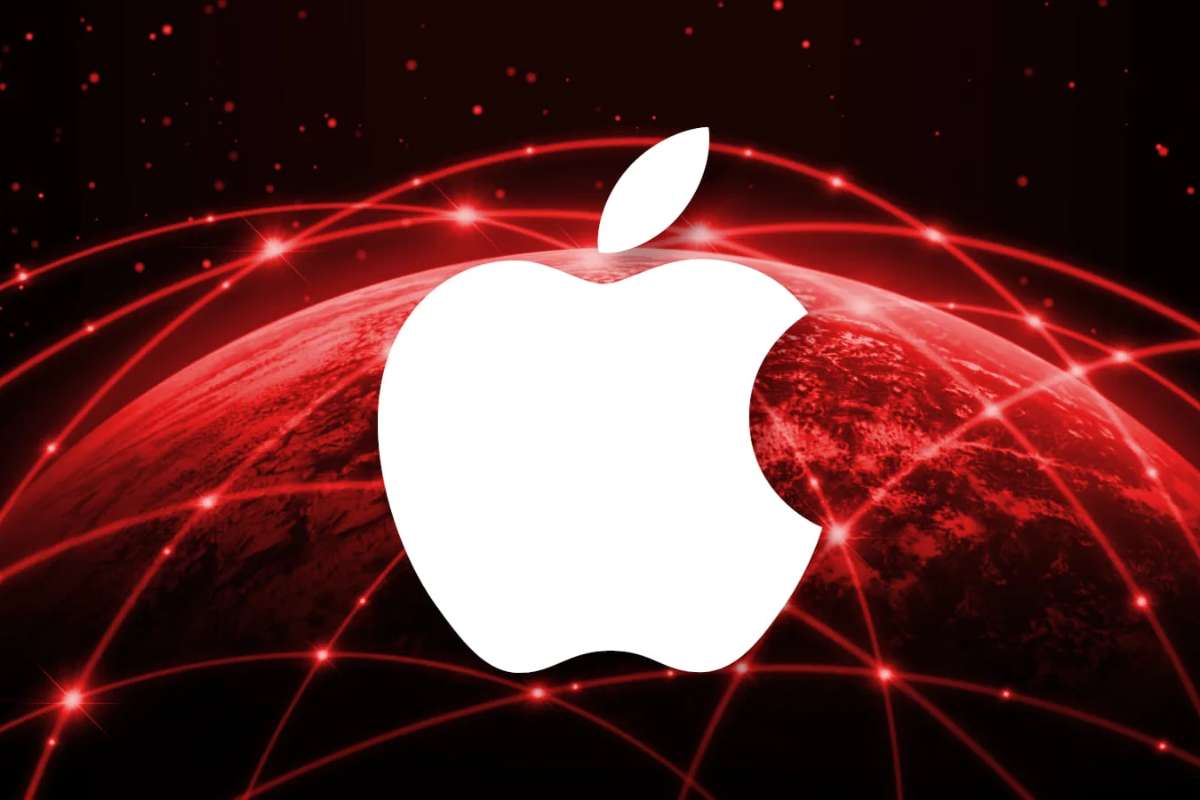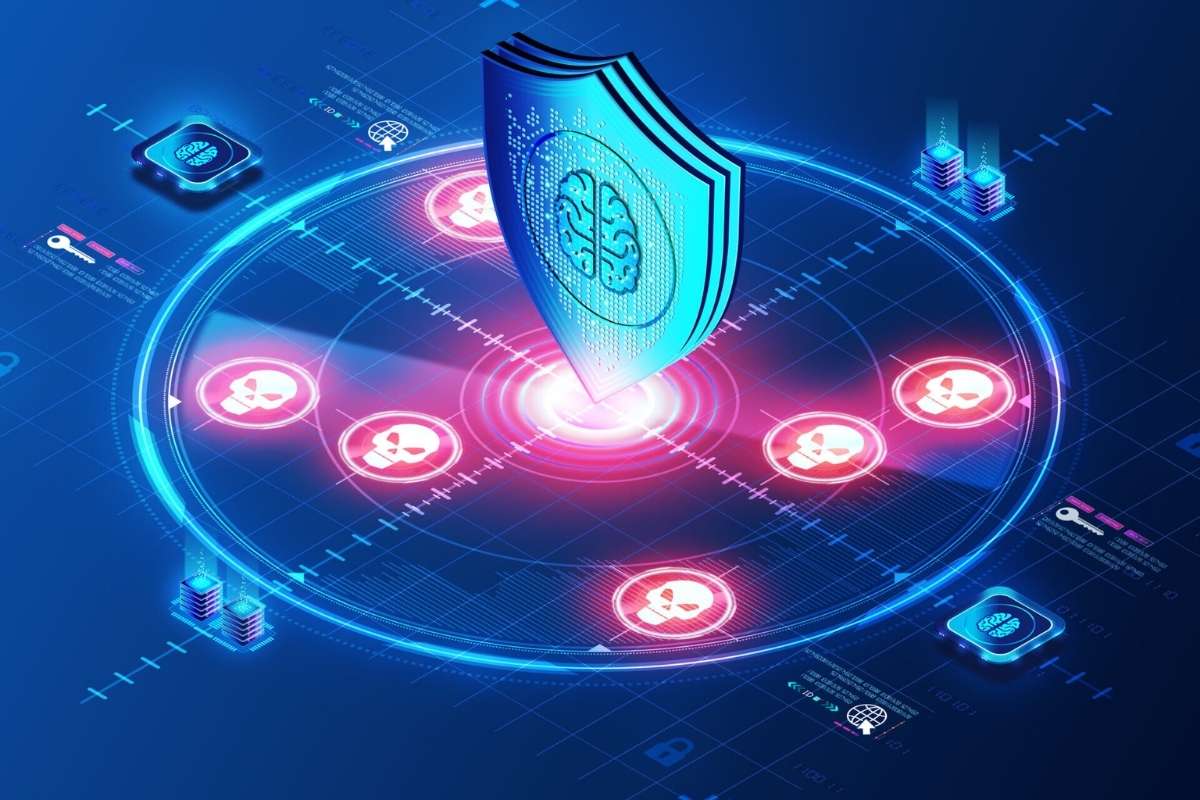Source-offensoacademy.com
From Astrophysics to Cybersecurity: A Shift for Greater Impact
Dr. Leila Powell, a former astrophysicist, once pondered questions about galaxy formation and cosmic collisions. However, in 2015, she made a career switch into cybersecurity, drawn by a desire to have a more immediate impact on people’s daily lives. While her work in understanding the universe was valuable, Powell wanted to address issues that had direct relevance to individuals and businesses.
In her new role as lead security data scientist at Panaseer, a company specializing in helping organizations identify cyber-security gaps, Powell uses her data analysis expertise to protect companies from cyber-attacks. Reflecting on her transition, Powell highlighted the challenges in academia, such as job security and pay disparities, that pushed her to seek a new path. Career switch into cybersecurity underscores a broader trend of professionals bringing skills from unrelated fields into the growing industry. Cybersecurity roles encompass tasks ranging from analyzing application and network security to helping organizations recover from cyber incidents.
Non-Technical Backgrounds Welcome in Cybersecurity
The cybersecurity sector is increasingly welcoming professionals from non-technical backgrounds. A report from ISC2, a global cybersecurity organization, reveals that 39% of new hires in the field come from roles outside of IT. For Powell, who transitioned from astrophysics, her unique perspective allowed her to spot trends in cybersecurity data that those with traditional backgrounds might overlook. Now, she encourages others to consider career switch into cybersecurity, even if they feel underqualified. As the industry continues to grow, there is a pressing need for more professionals, with ISC2 estimating a global shortfall of four million cybersecurity specialists.
Amanda Finch, the chief executive of the Chartered Institute of Information Security (CIISec), also points out that the so-called “skills gap” is not due to a lack of talent but rather a lack of understanding about what cybersecurity involves. Many roles focus on problem-solving, communication, and process management—skills that are often undervalued but crucial. Furthermore, pay in cybersecurity is competitive, with professionals in digital forensics and threat intelligence earning substantial salaries even with minimal experience.
Transferable Skills: A Key to Success in Cybersecurity
The importance of transferable skills is gaining recognition within cybersecurity. Organizations are beginning to realize the value of professionals from different industries who bring diverse experiences to the table. For example, Calum Baird, who worked at Police Scotland for nearly a decade, now serves as a digital forensics and incident response (DFIR) consultant. His experience in assessing risks and prioritizing responses in the police force has proven invaluable in cybersecurity, where quick, strategic decisions are critical during cyber-attacks.
Similarly, Rebecca Taylor transitioned into cybersecurity from a personal assistant role at Secureworks, a threat detection and response firm. Starting with minimal technical experience, Taylor has advanced into a threat intelligence knowledge manager position, leveraging her background in English and creative writing to distill complex cybersecurity threats into understandable insights for businesses. She highlights that while cybersecurity may seem like a technical field dominated by coding and artificial intelligence, there is plenty of room for professionals with strong communication and analytical skills.
The cybersecurity industry is rapidly expanding, and with organizations seeking professionals from diverse backgrounds, now might be the ideal time for career changers to explore the field. Whether through risk assessment, data analysis, or even creative writing, many skills can be adapted to protect against the rising threat of cyber-attacks.






